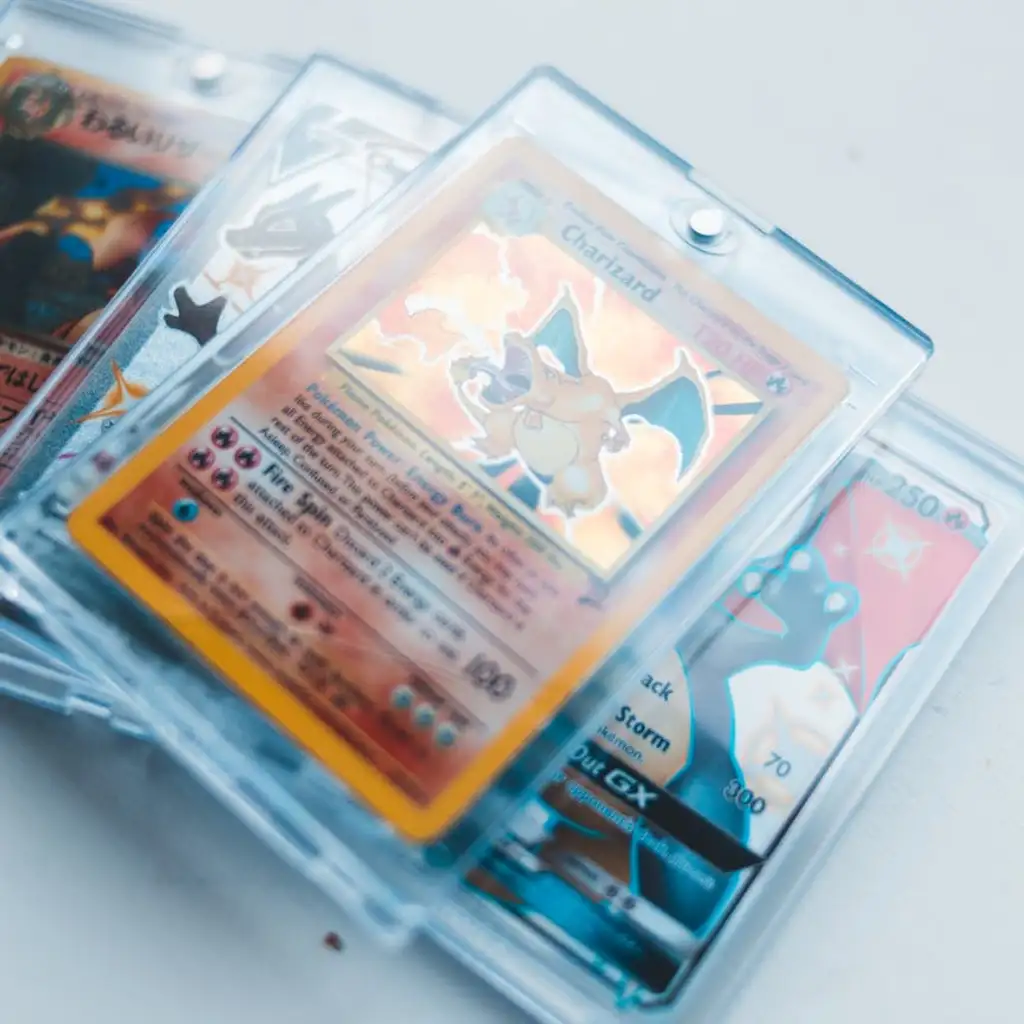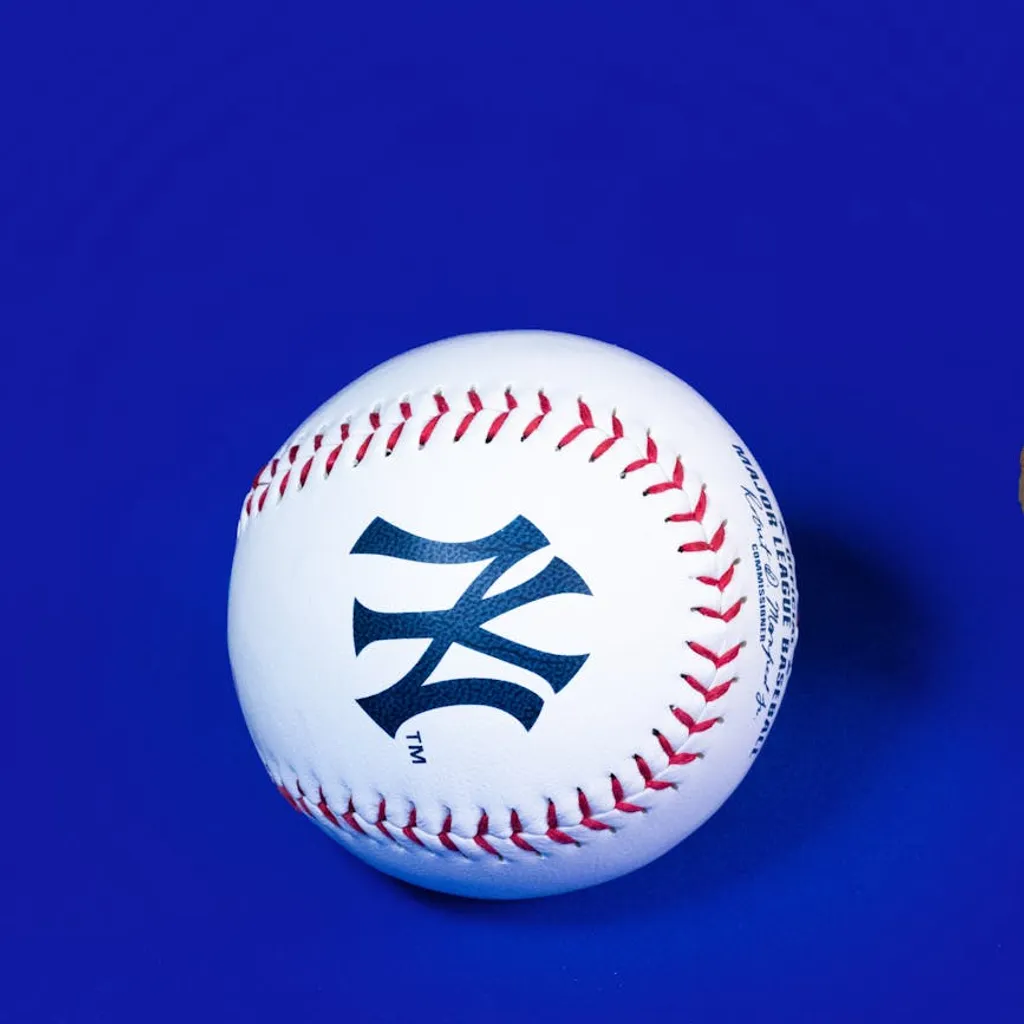Before transitioning from a house to an apartment, my cousin Nick joined me for a board game night. After engaging rounds of Carcassonne and Ticket to Ride, I took him to see my geek room, brimming with board games, science fiction novels, and comic books.
“Your comic collection is expanding,” Nick noted.
“I know,” I responded, as we delved into the nuances of collecting. “These comics were pricey, but much cheaper than buying them one by one.”
Nick, a seasoned collector himself, could relate. While my passion lies in comic books, he is devoted to stamps and coins. Despite our different interests, we both enjoy discussing the art of collecting. Our shared goal is to build our collections without overspending. Here are some strategies I’ve honed over four decades to keep costs manageable, applicable to most types of collections.
Narrow Your Focus
Clearly define what you’re collecting and your reasons for doing so. A common pitfall is not knowing when to stop. In a comic-book forum, someone once asked, “When do you say enough is enough?” Without a clear endpoint, collections can quickly become unmanageable.
During my debt repayment journey, I restricted my comic purchases to specific niches. By focusing on comic strip anthologies like Peanuts and Bloom County, I indulged my hobby without breaking the bank.
Look for Sales
Even collectibles can be found on sale. When I returned to comic collecting in 2009, I discovered a store offering back issues at half price. My favorite local comic shop frequently holds similar sales, allowing me to snag 1970s comics at great prices.
Find Trustworthy Dealers
Seek out dealers with strict grading standards. Collectibles are often priced based on condition, and grading can vary. Avoid dealers who exaggerate conditions and find those who offer fair pricing.
Scout Unusual Sources
Explore yard sales, antique stores, flea markets, and auctions. Patience can lead to incredible finds. Once, I stumbled upon a box of 1960s comics at a garage sale. Though I couldn’t afford them at the time, I regret not making an offer.
Settle for Less
Accept the minimum condition you can tolerate. Some collectors pay premiums for pristine items. By settling for lower quality, you can acquire desirable items at reduced prices.
My cousin Nick buys “uncleaned coins,” uncovering hidden treasures beneath dirt and grime. His willingness to accept lower quality saves him money.
Buy in Bulk
If you have the financial flexibility, consider purchasing large lots for a single piece. Though you might end up with items you don’t need, reselling them can be profitable. I’ve done this with Wonder Woman comics, setting aside extras to sell later.
Avoid Temptation
I spend less on comics by steering clear of comic shops and blogs. Similarly, I control board game spending by not seeking out new games. Limiting exposure helps curb the urge to splurge.
Be Patient
When you find a missing piece, resist the urge to buy immediately. Understand the market and wait for the right price. Patience pays off in the long run.
Borrow
Sometimes borrowing can satisfy your collecting urge. I use the public library for expensive comic compilations, reducing the need to own them. Sharing collections with friends is another way to enjoy items without purchasing.
Final Thoughts
Collecting can become a financial burden, akin to socially acceptable hoarding. Moderation is essential. If collecting becomes overwhelming, it may lead to mental and financial strain.
Recently, I’ve reevaluated my collecting habits. With plans to travel and live in an apartment, I’ve cut back on spending for comics and books. While I’m not ready to give up collecting entirely, I’m focusing on enjoying what I already own.
I’m curious about other collectors’ experiences. What do you collect, and how do you keep costs down?








